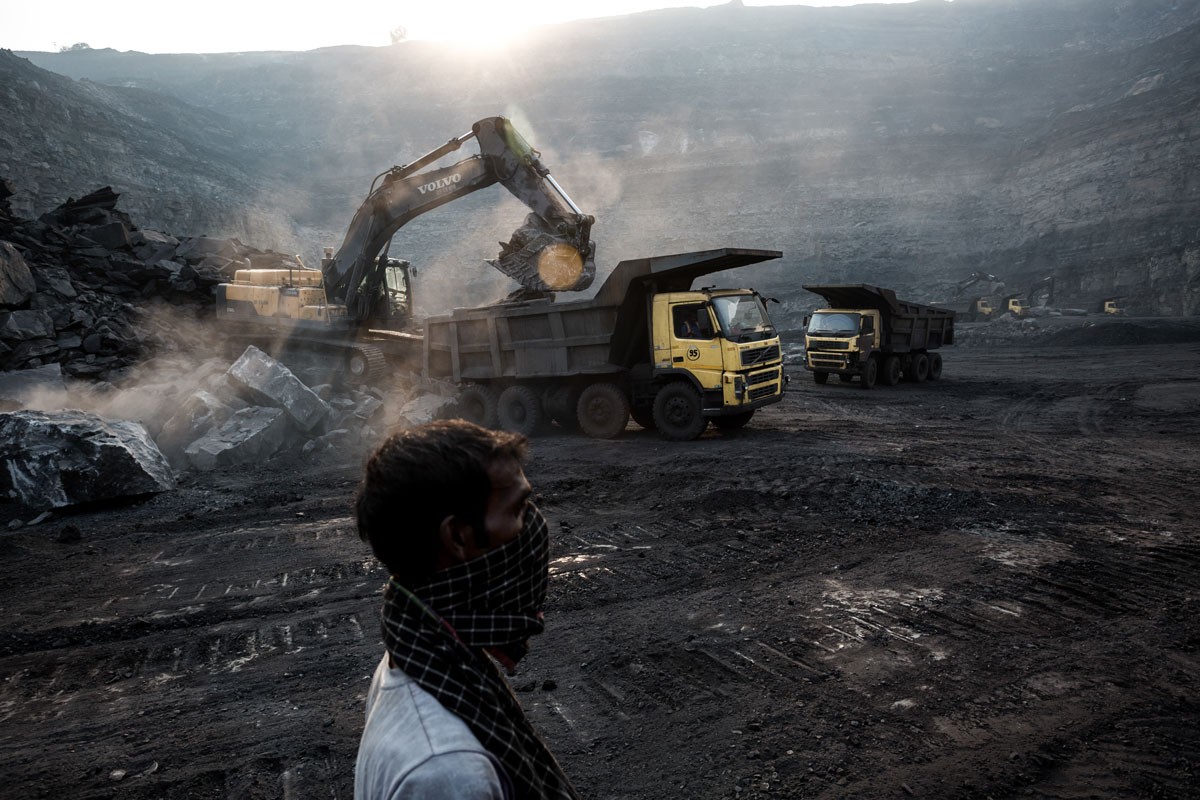The Meghalaya government, led by Chief Minister Conrad Sangma, is making strides in advancing scientific coal mining in the state.
Recently, the government received 36 applications for scientific coal mining, of which four have secured prior approval for a mining lease, and 13 have received previous approval for a prospecting license.
Advertisement
Sixteen applications are pending approval, while three have been withdrawn. Four applicants have submitted their mining plans, which are currently under review by the authorities, Sangma told the assembly.
The shift towards scientific coal mining is significant, particularly in light of Meghalaya’s long history with rat-hole coal mining—a method infamous for its hazardous and environmentally damaging practices.
Rat-hole mining involves digging narrow, shallow tunnels, often without adequate safety measures, leading to frequent accidents and severe environmental degradation.
The practice, deeply embedded in the state’s economy, was largely unregulated, making it difficult to ensure miners’ safety and environmental protection.
In April 2014, the National Green Tribunal (NGT) imposed a blanket ban on coal mining and transportation in Meghalaya due to the devastating impact of rat-hole mining on the environment.
The ban, though necessary, had severe repercussions on the state’s economy, leaving thousands of people who depended on coal mining without a livelihood.
However, the Conrad Sangma-led Meghalaya Democratic Alliance (MDA) government has been proactive in reviving coal mining within the bounds of legality and sustainability.
The efforts bore fruit when, on July 3, 2019, the Supreme Court of India delivered a landmark judgment, recognizing the rights of private and community landowners over both surface and sub-surface resources, including coal.
This ruling reaffirmed the ownership rights of Meghalaya’s indigenous people over their natural resources, paving the way for a more structured and lawful approach to mining.
In March 2021, under Sangma’s leadership, the state government received approval for the standard operating procedures (SOPs) required to obtain a prospecting license and mining lease for coal.
These SOPs are designed to ensure that coal mining in Meghalaya adheres to scientific methods, emphasizing sustainable practices with minimal environmental impact.
The approach includes advanced technologies like remote sensing, aerial surveys, and 3D modeling, alongside reclamation efforts to restore mining areas.









